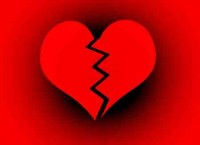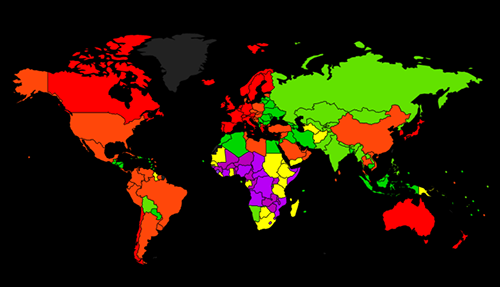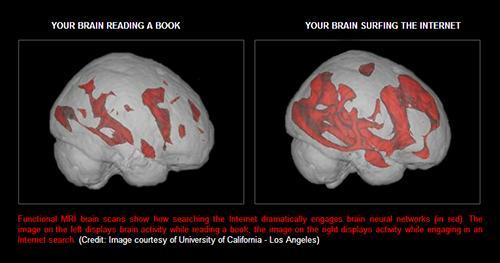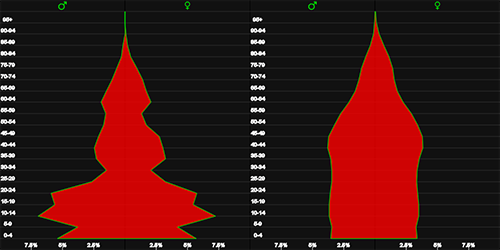HEART ATTACK OR BROKEN HEART... YOU DECIDE!

While this phenomenon starts with one person dying, it eventually causes the death of two. The cause of the first death could be cancer, heart disease, or any number of other illnesses, but it is the cause of the second death that gives it its name. It's called broken heart syndrome, and though it has been around for centuries, it has only recently begun to receive its due. However, some in the medical profession still doubt whether the "human event" that provided its name can really describe its cause. They now believe it is brought on by an adrenaline rush that occurs in the aftermath of almost any stressful situation, which causes the left ventricle of the heart to take on a cone-like shape. And since this cone-like shape resembles the shape of a pot the Japanese use to capture octopus, broken heart syndrome would be more appropriately called "Takotsubo Cardiomyopathy," which is now its medical name.
In our opinion it is the study completed by The Harvard Medical School into "Broken Heart Syndome" several years ago that provides the definitive work on this subject. Its focus is on the "human event" that provided the original name rather than equating it to all stressful events. It is their findings that comfort us and have shaped our point of view. If you have struggled with some of these same issues, perhaps what you learn here will comfort you too.

A couple in their 80's that have lived in the same
house for 50 years.
Understanding that feelings between people really exist at this level, will be a big surprise for some. Hopefully you won't be so surprised by these findings that you'll lose sight of the scientific data that support them. Sometimes we pay so much attention to celebrity infidelity and the high percentage of marriages that end in divorce that we tend to ignore the relationships that last a lifetime, the ones where people kept their promises and remained devoted to each other until the very end. That's not to say all marriages ending in broken heart syndrome were perfect, but almost every single one of them passed the test of time. In our opinion the results of the Harvard Study were conclusive and don't need to be adjusted or revised. It's up to you to decide how you feel, so let's take a look at some data.
A SUMMARY OF THE HARVARD STUDY
Beginning in 1993 and lasting for nine full years, the study of broken heart syndrome conducted by the Harvard Medical School remains the largest study of its kind, with 518,240 couples, or more than 1,000,000 people participating: Speaking of the study..."Our study shows that people are connected in such a fashion that the health of one person is related to the health of another," reports Nicholas Christakis, M.D., Ph.D., professor in the Department of Healthcare Policy at the Harvard Medical School.
Dr. Christakis goes on to say, "The findings are striking… When a spouse is hospitalized, the partner's risk of death increases significantly and remains elevated for up to two years." He notes that the period of greatest risk is over the short run, within 30 days of a spouse's hospitalization or death. Over this time frame, hospitalization of a partner can confer almost as much risk of dying as the actual death of a spouse.
Broken heart syndrome most often takes place in older people who have been together for a long time. Surprisingly, the study indicates certain illnesses affect the remaining spouse differently. The more a disease interferes with a spouse's physical and mental ability and the more burdensome it is, the worse it is for the health of the partner. Christakis observes, "Among men with hospitalized wives, if the wife was hospitalized for colon cancer, there was almost no effect on her husband's mortality. But if a wife was hospitalized with heart disease, her husband's risk of death was 12 percent higher than it would be if the wife was not sick at all. If a wife was hospitalized with dementia, her husband's risk was 22 percent higher. Similar effects were seen in women whose husbands were hospitalized."
Those of you unfamiliar with this phenomenon may be surprised to learn that men are more likely to die of broken heart syndrome than women. "Over the nine years [of the study], 383,480 husbands (74 percent) and 347,269 wives (67 percent) were hospitalized at least once, and 252,557 husbands (49 percent) and 156,004 wives (30 percent) died. The mean age of men in the study was 75 years and the mean age of women was 72 years." You can review the entire study in the February 2006 issue of the New England Journal of Medicine.
IS LOVE A FEELING OR A SKILL
Some people are more vulnerable to dying of a broken heart than others, but it's a mistake to conclude they all die because they can't fend for themselves or are just too weak to handle the stress. There is no doubt that the loss of a spouse at the end of a long relationship is stressful, but there is often more going on than that. Understanding broken heart syndrome requires looking at it in a deeper philosophical way, and when you do, I think you'll agree that referring to these "human events" as simply another stress-induced heart attack can demean what may be really taking place. We believe this amazing Harvard study provides an abundance of evidence to safely conclude some people are just connected on a different level than others. For some, there may be a dependence factor, but to ignore that some people are capable of loving each other this deeply is just wrong.

Have you ever felt that way about another human being or experienced another person feeling that way about you? It's something we all hope for, but deep down, we know we can't make it happen, which is what makes it so special when it does. We don't choose who we love or who loves us in return. It's not a skill, it's a feeling. The best we can do is recognize it if it comes our way and then take care of it. I think that's the message those who die of a broken heart have for us all. Tom LeDuc
We were inspired to write this article by a young lady from North Carolina who wrote to us about the recent death of her grandmother. She was confused by the explanation the medical profession provided regarding how her grandmother's death might be connected with the death of her grandfather, who had passed away a week earlier. Her belief was it was the love they shared and their devotion to each other that caused her grandmothers death. And she contacted us to request some data that might help her resolve what she called "these conflicting points of view." We found her appeal so moving we decided to publish a summary of our research on this important subject, so that others can know that what they feel in their hearts does have some basis in scientific fact.










